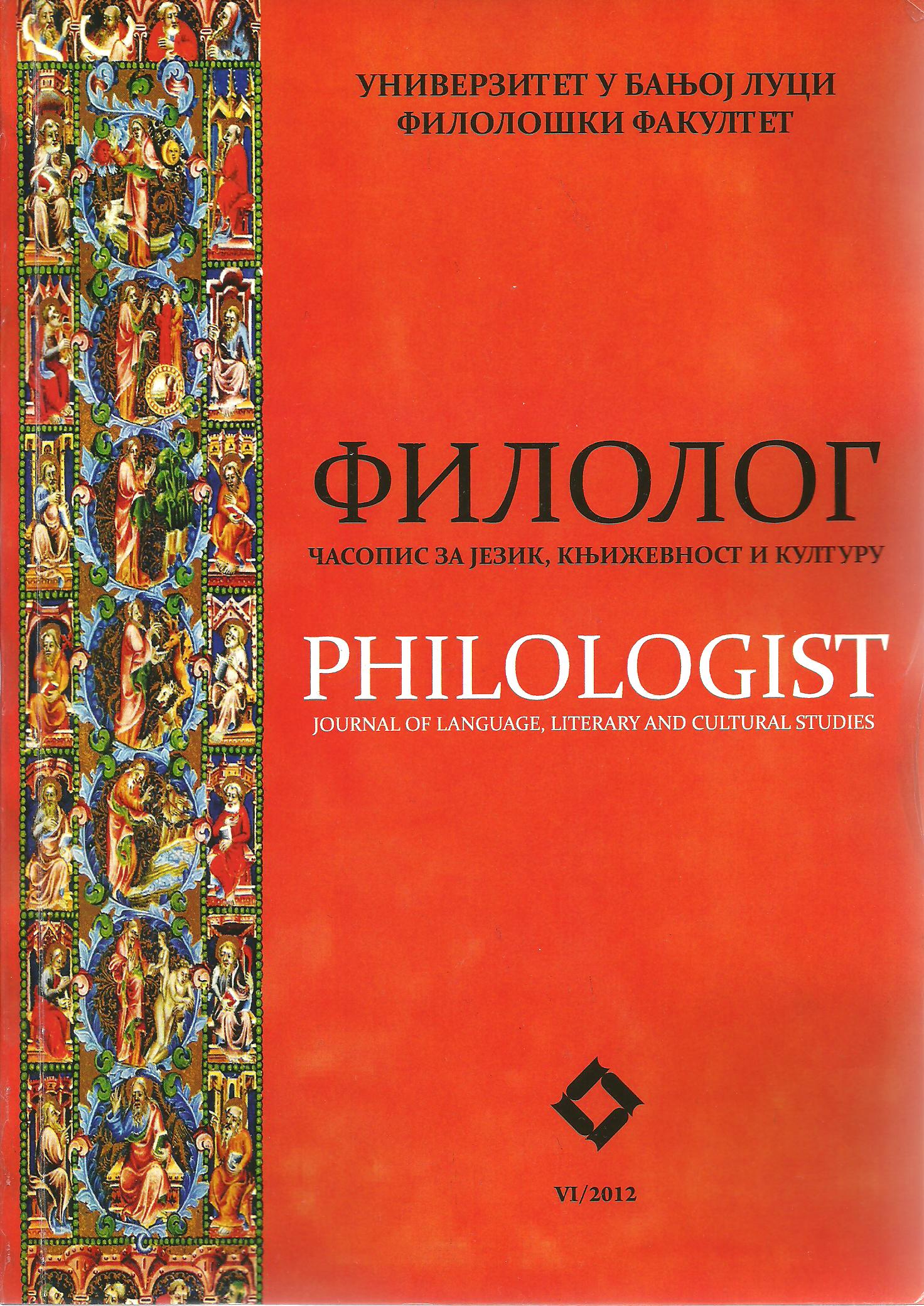„Пергаменти“ Јеле Спиридоновић Савић: зачудан пример женске епске поезије
Jela Spiridonović Savić: “The Parchments” – A Miraculous Example of Women’s Epic Poetry
Author(s): Jovana RebaSubject(s): Language and Literature Studies, Poetry, Serbian Literature, Philology, Theory of Literature
Published by: Филолошки факултет Универзитета у Бањој Луци
Keywords: Serbian modern literature; mysticism; religious literature; Orthodox religion; St. Sava; Rilke;
Summary/Abstract: This paper analyses the forgotten poem of Jela Spiridonović Savić – The parchments (1923). In line with the global tendency of feminist writers’ rediscovery (who are forgotten or insufficiently studied) and analysis of their literary works, we wanted to examine and highlight different aspects of this work, written in the spirit of the religious mysticism’s dialectic, postulates of spiritual philosophy, and Rilke’s religious poetic prayer The book of hours. Having analised the mystical experiences of mediaeval monks and nuns, the writer concludes that, Rastko Nemanjić – St. Sava, represented the embodiment of mystics, because of his spiritual tendencies, asceticism and desire for a union with God. Her vision of the Serbian Orthodox Church’s founder is artistically shaped in The parchments, a poem which created a lot of attention, not only within the Serbian literary audience but also in Italy (the Italian translation was published in 1927). Evangelistic philosophy is the spiritual essence of the The parchments, and therefore, it was impossible to interpret the work beyond its theological framework. The analysis was enriched with a dictionary of biblical terms, as a roadmap for understanding the poetess’s intentions. This work primarly belongs to the religious discourse of Serbian history, from mediaeval hagiographies to Njegoš’s Luča Microcosma. We conclude that Jela Spiridonović Savić, within her spiritual icon of St. Sava, has especially illuminated the psychological process of his religious ascension – the fight with his own weaknesses, doubts and sins, and his union with God in absolute humility and raising awareness of his assignated purpose.
Journal: Филолог – часопис за језик, књижевност и културу
- Issue Year: 2012
- Issue No: 6
- Page Range: 81-95
- Page Count: 16
- Language: Serbian

